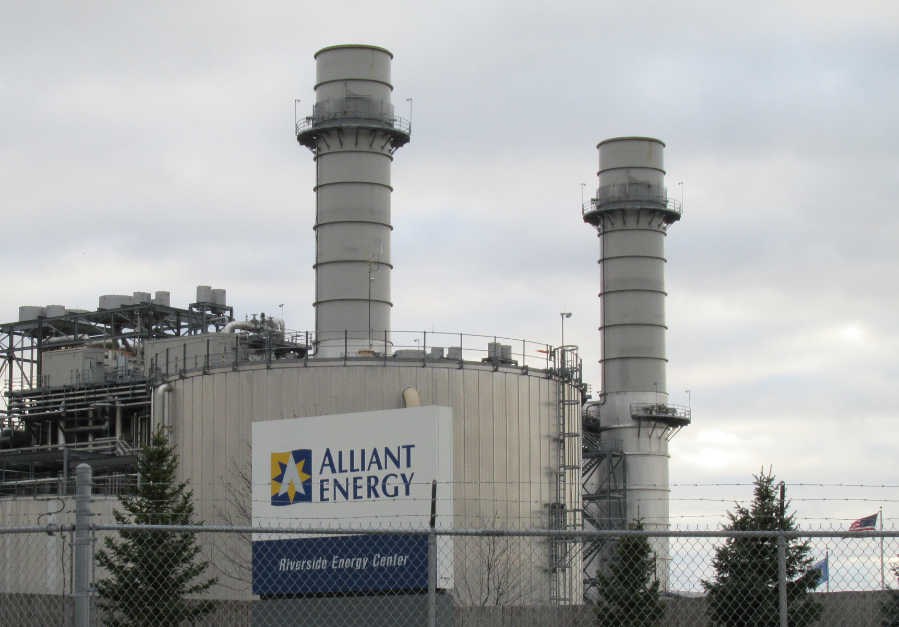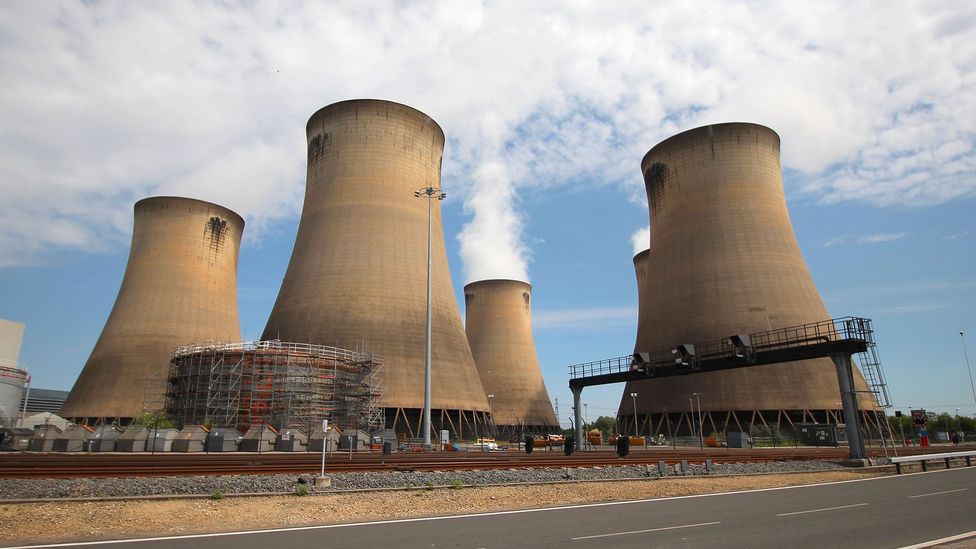

New York has a surplus of gas-generated capacity. These plants, and 11 more that may come online across the state by 2020, collectively would add 5,708 megawatts of capacity to an electricity grid already fueled 57 percent by gas. It’s the first of two gas-fired power plants approved in the Hudson Valley. The CPV plant, scheduled to go into service in early 2018, represents the leading edge of a broader trend in New York. It will rely on Marcellus Shale gas from Pennsylvania.

Construction on another one could begin soon pending a court order.ĬPV’s Valley Energy Center in Wawayanda, NY sits on 122 acres and would generate 650 megawatts of power. To the west, a pipeline stretches toward the Marcellus Shale fields in Pennsylvania. Seven miles south, a compressor station that pumps gas to keep it moving squats amid houses. The plant, a $900 million project of the Maryland energy company Competitive Power Ventures, stands at a nexus of new and expanding gas infrastructure here - much of it fed by fracking. Its 275-foot stacks tower above apple orchards and dairy farms. “I could also use the impolite word ‘hypocrisy.’”Ī mass of panels and tanks, the 650-megawatt CPV Valley Energy Center is rising in this town of 7,000 people in the wooded hills of Orange County. “I’m using the polite word ‘irony,’” Ingraffea said. That translates into thousands of fracked wells over the 40-year lifetime typical for such a facility. By his calculations, drillers outside the state would have to tap 130 wells each year, on average, to supply the plant with enough gas to operate. “It goes to the heart of the apparent irony that New York State would say, ‘No shale gas coming out,’ but we’re allowing any amount of shale gas into the state,” said Anthony Ingraffea, an engineer at Cornell University whose work has tied fracking to various environmental ills, including climate change. Listen: New York bans fracking but gobbles up Pennsylvania’s shale gas, Susan Phillips, StateImpact Pennsylvania. Moratorium notwithstanding, New York is still reaping the rewards of fracking, importing shale gas from neighboring Pennsylvania and preparing to process it in a mammoth power plant under construction 65 miles northwest of New York City. In truth, though, the picture is murkier, and Cuomo’s ban is less than absolute. Energy in Depth, an industry-funded website, criticized Cuomo for basing the moratorium on dubious science “to kowtow to Yoko Ono, Mark Ruffalo, and all of the environmental pressure groups in New York.” The governor’s proclamation made him a hero among environmentalists and persona non grata in the oil and gas industry. Andrew Cuomo made a bold statement by banning hydraulic fracturing in the Empire State, declaring alongside his health commissioner that “no child should live near” a shale-gas well because of its potential harm. The plant would run on Pennsylvania’s Marcellus Shale gas. Roz Gitt from Warwick, New York, protests in front of the construction site for the new CPV natural gas plant in Wawayanda.

Currently, she serves as an adjunct master’s adviser and professor at Columbia University’s Graduate School of Journalism. She graduated with high honors from the University of California at Berkeley and has a master's degree in journalism from Boston University. Lombardi was a Nieman Fellow at Harvard University, in 2011-12. Kennedy Award, the Dart Award and the Sigma Delta Chi Award for Public Service. Her work for the Center has received national and regional awards, including the Robert F. Her investigative reports as a staff writer for the Boston Phoenix were widely credited with helping to expose the clergy sex-abuse scandal in that city. Before the Center, Lombardi was an investigative reporter for the Village Voice, where she provided groundbreaking coverage of the 9/11 health crisis.

#STOP CPV FRACKED GAS POWER PLANT PROFESSIONAL#
Her investigation into the Environmental Protection Agency's lackluster civil-rights record for the Center won the top investigative prize from the Society for Professional Journalists and a special citation by Columbia University's Paul Tobenkin Award, among other recognition. She has been a journalist for more than 20 years. Kristen Lombardi is an award-winning journalist who works for the nonprofit investigative organization, Center for Public Integrity, covering environmental and social justice issues.


 0 kommentar(er)
0 kommentar(er)
